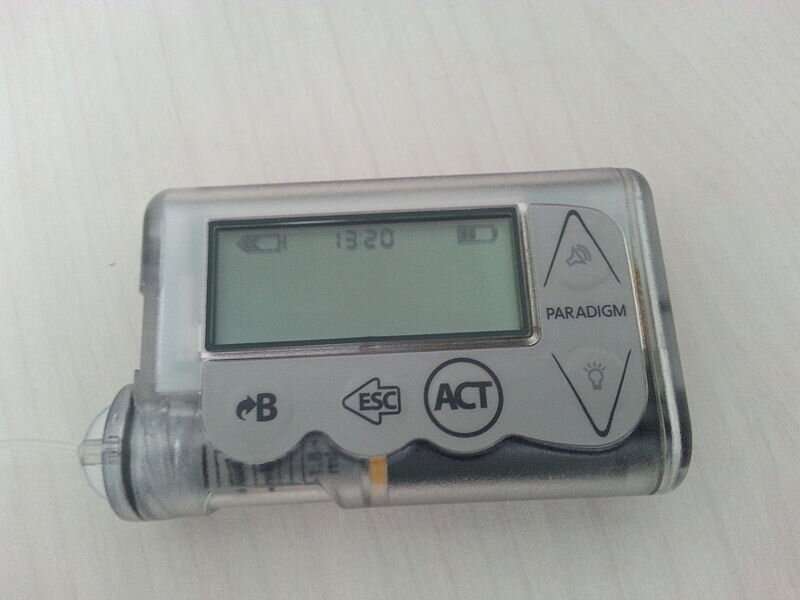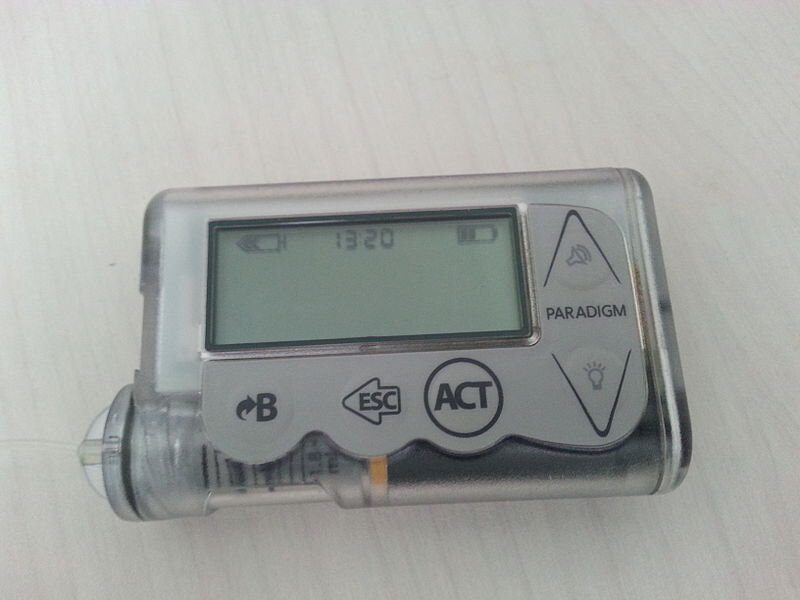
A new consensus report addressing the benefits, challenges, and recommendations related to automated insulin delivery (AID) is being launched today by two leading diabetes organizations—the European Association for the Study of Diabetes (EASD) and the American Diabetes Association (ADA). The joint Diabetes Technology Working Group of the EASD and ADA created this consensus report to provide a review of the current landscape of AID systems as well as recommended targeted actions.
“The report addresses the clinical usage of AID systems from a practical point of view rather than as a meta-analysis or a review of all relevant clinical studies,” explains lead author Jennifer Sherr, MD, Ph.D., Professor of Pediatrics, Pediatric Endocrinology, Yale University. “As such, the benefits and limitations of systems are discussed while also considering safety, regulatory pathways, and access to this technology.”
The report is geared toward not only diabetologists and other specialists, but also diabetes nurses and specialist dieticians. Colleagues working in regulatory agencies, health care organizations, and related media might also benefit from reading this report.
“Most other publications about AID systems are sponsored by the manufacturers of the systems. Our report is independent and endorsed by the ADA and the EASD, added Mark Evans, MD, FRCP, Professor of Diabetic Medicine, University of Cambridge, United Kingdom. “Many clinically relevant aspects, including safety, are addressed in this report. The aim of this report is to encourage ongoing improvement of this technology, its safe and effective use, and its accessibility to all who can benefit from it.”
Source: Read Full Article
